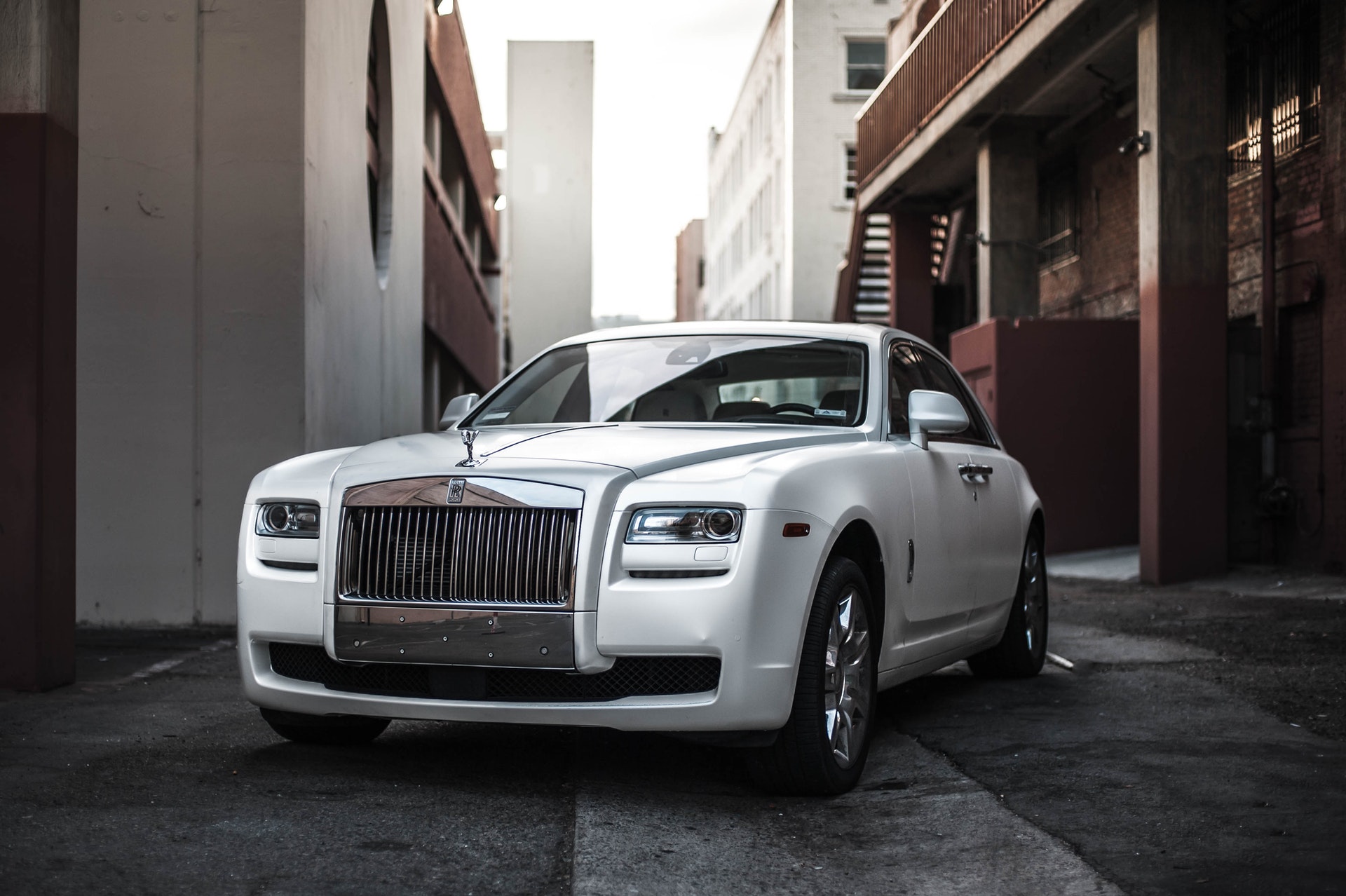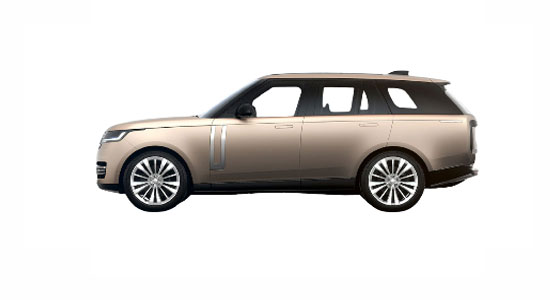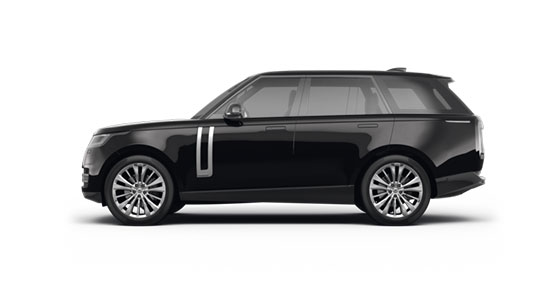
Most purchasers assume that because luxury automobiles are costly, their maintenance is also high. However, many luxury vehicles now have lower operating costs thanks to modern innovation and continuous advancements in this industry. Getting better gas mileage is a big part of this possibility, and if drivers know how to take care of their luxury cars, even used ones can still be reliable.
Purchase of a used luxury automobile is always an option for those in search of a dependable vehicle. Of course there will always be cons associated with purchasing a pre-owned vehicle, but opting for dependable models from trusted suppliers and the cost savings that come with second-hand more than outweigh the risks. But let’s examine how luxury car hire will allow you to travel in style while saving money at the gas station.
Not all fuel-saving technologies represent a total reinvention of the conventional internal combustion engine. Hybrid, electric, and fuel-cell vehicles have the potential to revolutionise how we power vehicles in the United States.
However, there have been numerous smaller innovations that currently conserve fuel.
Cylinder Disengagement:
What it does: It turns off various engine cylinders when driving and coasting. Cylinders that are turned off don’t use gas when the engine is coasting or when the car doesn’t need much power to move.
When all of the cylinders re-ignite in certain older versions, the engine may vibrate. General Motors, Honda, and Chrysler are the best. Which automobile manufacturers do not.
Continuously Variable Gearboxes (CVG):
What are they? In principle, CVTs permit a nearly limitless number of gear ratios, as opposed to the limited number of ratios normally seen in automatic transmissions. This lets drivers get the power they want when they need it, whether they want to pass quickly or cruise easily on the highway.
Start/Stop Engineering:
What it does: It turns off the engine when the vehicle stops.
It conserves gasoline by preventing the engine from idling when it is not necessary.
Some systems exhibit a discernible trembling when they are restarted. As a result, some cars delay upon restarting, temporarily preventing drivers from rejoining traffic swiftly. Also, some systems turn off the engine and the air conditioner at the same time, which can make people uncomfortable in hot weather.
BMW, Ford (F-150), and Honda (Odyssey) all perform admirably.
Bugatti, Jaguar/Land Cruiser, and Cadillac are among the automakers that do not provide this feature.
Changing your driving habits is the easiest and most efficient way to increase the fuel efficiency of any vehicle. Below are recommendations, and further information may be obtained at fueleconomy.gov.
Avoid cold engine operation: To save gas, start the engine and then drive normally to get the engine to operating temperature quickly.
Drive with caution: Avoid “jumping squirrel” starts, rapid acceleration, and forceful braking, which can decrease fuel efficiency by 15% to 30% on the highway and 10% to 40% in stop-and-go traffic.
Shift gears skillfully: If your vehicle has a manual gearbox, shift up as quickly as possible. Use the brakes rather than shifting gears to decelerate the vehicle while coming to a halt.
Anticipate the state of the road: Keep an eye on the traffic in front of you and “timing” the stoplights to keep your momentum and avoid speeding up and slowing down too much.
Observe speed limits: In the majority of automobiles, fuel efficiency peaks at around 50 mph and subsequently decreases as speed increases. Lowering highway speeds by 5 to 10 mph can increase fuel economy by 7% to 14%.
Use cruise control: Gas is saved by minimising speed variations on the roadway. However, never use vehicle control on slick roads since it might lead you to lose control of your car.
Use a “quick pass” on highways with tolls: These electronic transponders conserve gasoline by reducing or eliminating slowdowns and pauses at tollbooths.
Avoid idling excessively: When idle, an automobile engine burns between a quarter and a half-gallon of gasoline per hour, yet a heated engine needs just 10 seconds’ worth of fuel to restart. If it is safe to do so, turn off the engine if you will be halted for longer than one minute.
Plan your excursions in advance: To avoid excessive backtracking, combine errands and organise your route. Find “one-stop” business places where you can do many things (banking, shopping, etc.) without having to drive anywhere else.
Avoid peak hour traffic: If your job has flexible hours, drive to work and run errands when traffic isn’t as bad.
Unmaintained automobiles are less fuel-efficient and consume more gas. Here are some recommendations for auto maintenance that will improve your fuel economy:
Remove any unwanted objects from the car. An additional 100 kilograms can decrease fuel efficiency by up to 1%. Note that load weight has a greater impact on the fuel economy of smaller cars than bigger ones.
Do regular maintenance on your car at times recommended by the manufacturer in the owner’s manual or by the maintenance reminder system in the car.
When it is time to replace the oil, be sure you use the correct type. The majority of modern automobiles demand low-viscosity, energy-efficient, semi- or fully-synthetic oils.
Buy premium gasoline. Use the correct gasoline grade (regular, mid-grade, or premium) and recommended brands to reduce fuel system and engine blockages that reduce fuel efficiency.
At least once a month, the tyre pressure should be checked. Low tyre pressure increases rolling resistance and decreases fuel economy. Unfortunately, they can also overheat and burst into flames.
Verify that the engine’s air filter is clean. On older cars with carburettors, a dirty filter can affect how well the car uses gas, but on modern cars with fuel-injected engines, it only affects how much power the engine can make at its peak.
Immediately visit a vehicle repair shop for service if the “diagnostic engine” light illuminates. This light indicates a malfunction that might raise emissions and reduce fuel efficiency.
Avoid using rooftop baggage carriers whenever possible. Transporting items on the roof of a vehicle greatly increases aerodynamic drag, thereby decreasing fuel economy.
In the shade, please. During the summer, sun-generated heat will require greater cooling system usage, lowering fuel economy.
Utilise block heaters. This helps the engine achieve thermal performance, where it is most fuel-efficient, more rapidly in cold winter climes.
To save gas, turn off the climate control and roll down the windows. This is effective even at highway speeds, although the additional heat and noise can be unpleasant and cause driver fatigue.
Frequently track your car’s fuel savings. A rapid decrease in mileage might suggest the need for auto maintenance.
Once you’ve determined the sort of car you’re interested in, check for models within that category with the greatest fuel efficiency ratings. If many engines and/or transmissions are available, choose the combination that meets your needs most effectively. Also, seek a vehicle that uses less expensive normal fuel as opposed to premium. Finally, consider the choices and features that contribute to fuel efficiency. Lighter-coloured automobiles and tinted windows, for instance, lower interior heat loads and require less air conditioning use.

The Range Rover P350d is the perfect vehicle for all weather and occasions. This exceptional tourer excels on and off the road, delivering awesome power for an exhilarating drive and impresses with its luxurious interior and dynamic engine. Range Rover P350d Hire is a service that Season Car Rental is pleased to offer.

The Range Rover 2023 P400e Hybrid hire car is the perfect vehicle for all weather and occasions. This exceptional tourer excels on and off the road, delivering awesome power for an exhilarating drive and impresses with its luxurious interior and dynamic engine. Range Rover 2023 P400e Hybrid hire is a service that Season Car Rental is pleased to offer.

The Range Rover Vogue is the perfect vehicle for all weather and occasions. This exceptional tourer excels on and off the road, delivering awesome power for an exhilarating drive and impresses with its luxurious interior and dynamic engine. Range Rover Vogue Hire is a service that Season Car Rental is pleased to offer.